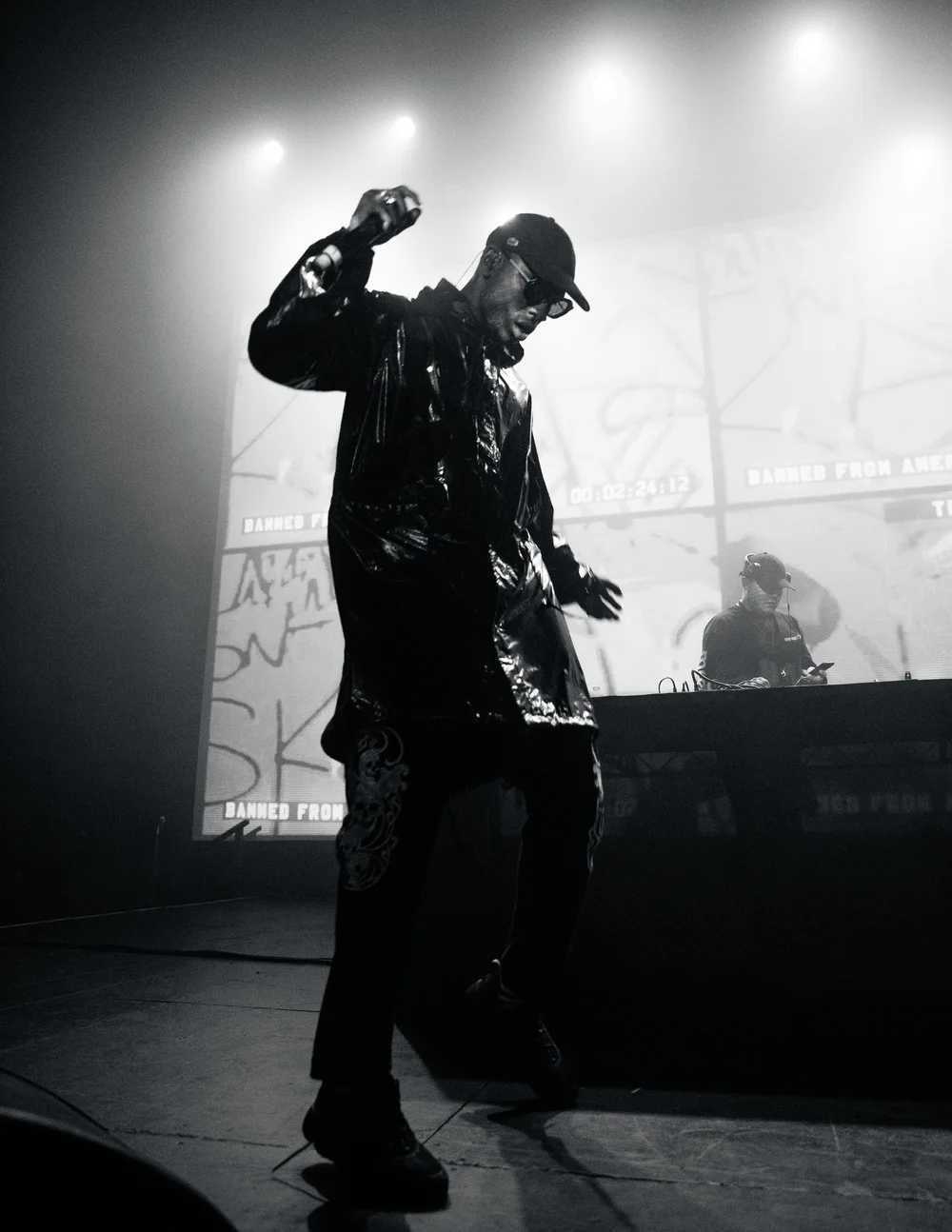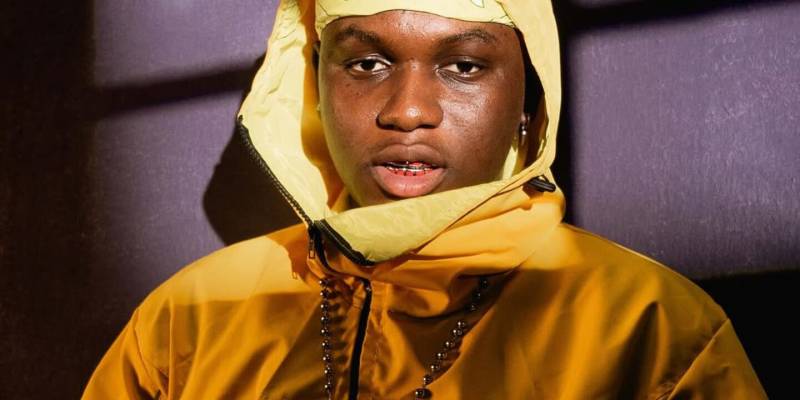There’s something seismic about a return — not just showing up, but stepping back into the light with purpose, power, and poise. When Skepta took to the Pyramid Stage at Glastonbury 2025 for what was dubbed the Victory Lap, it wasn’t just a performance. It was an affirmation of legacy. A cultural checkpoint. A man who once spat in pirate radio booths now commanded tens of thousands with the calm of someone who has seen it all—and still has something to say.
For those who’ve followed Skepta’s career from the Meridian Crew days to Konnichiwa, from underground grime clashes to collaborations with global heavyweights, Glastonbury felt like more than a gig. It was the final verse in a long freestyle. A salute. A reminder.
But here’s the thing about Skepta: he’s never been just an artist. He’s always existed as both creator and curator—of culture, of streetwear, of sound, of energy. When Grime was gasping for air under the pressure of industry neglect and mainstream indifference, Skepta stayed stubborn. He didn’t just rap harder—he reshaped the entire ecosystem. BBK (Boy Better Know) wasn’t a crew; it was a movement. He blurred the line between independence and influence, between local hero and international name.

Related article - Uphorial Podcast

BBC Music
So by the time he walked out at Glastonbury, flanked by visuals that nodded to Yoruba deities, North London alleyways, and archive footage from pirate stations, the atmosphere was already thick with symbolism. There was no need for theatrics. The presence was the power.
The setlist was a lesson in longevity. “Shutdown” still had the same electric punch, but now it carried the weight of a decade’s impact. “That’s Not Me” felt less like a rejection of trends and more like a quiet boast—he never bent, and look where it got him. Even newer tracks, touched by Afrobeat rhythms and introspective bars, showed a man who’s grown into his contradictions. Skepta, the grime MC. Skepta is the father. Skepta is the fashion icon. Skepta, the Yoruba son navigating diaspora and fame.
And the crowd? It wasn't just hyped—it was generational. Teenagers who discovered him through TikTok raged beside thirty-somethings who lived through the Channel U days. You could feel the bridging of eras, the collapsing of time. No matter how the music landscape shifted—drill, trap, afroswing—Skepta remained both anchor and evolution.
But perhaps the real victory was quieter. Between tracks, he paused. Looked out. And said something simple: “This is all love. I never thought I’d be here. I’m just thankful.” No posturing. No industry gloss. Just raw honesty from a man whose art has always been his armor and his diary.
We rarely talk about what it costs to stay relevant while staying real. Skepta made mistakes in plain view. He took breaks. Fought demons. But never tried to be anyone else. And in a world of curated personas and disposable fame, that’s revolutionary.
His Glastonbury wasn’t about reclaiming a throne—he never lost it. It was about redefining what victory looks like. Not charts. Not awards. But impact. Integrity. Influence that lasts beyond a trend cycle.
As the set closed and fireworks bled into the sky, Skepta didn’t milk the moment. No final shout. No encore scream. He bowed. A quiet gesture that said more than any beat drop could.
For anyone who’s ever felt overlooked, underestimated, or told they don’t belong, Skepta’s Victory Lap wasn’t just a headline slot. It was a mirror. A message. Proof that you can build your path, protect your truth, and still end up on the biggest stage of all.
And then walk off, head high, mission complete.



